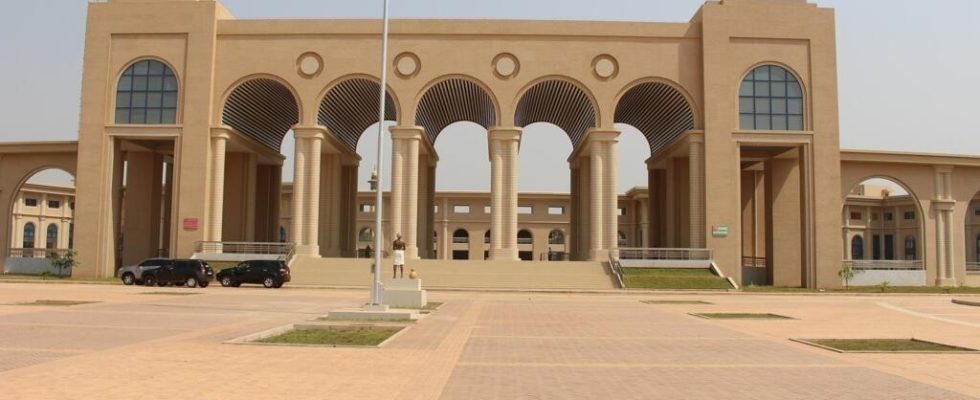On March 25, deputies voted for a new Constitution, adopted by 89 votes to one against and one abstention. In this new text, the “ President of the Council of Ministers », elected by the deputies, becomes the new strong man of the country, while the President of the Republic is content with an honorary role. While President Faure Gnassingbé asks deputies for a second reading of the reform, several civil society meetings have been banned.
3 mins
Kasséré Afo Sabi, teacher-researcher in public law at the University of Lomé, puts forward several hypotheses to explain this request for a second reading from Faure Gnassingbé: “ This may mean that the president intends, perhaps, to oppose the voted text. But the hypothesis is weak since the president and the National Assembly are from the same political party. The second hypothesis is that the president will want to respond to a certain number of gray areas, overlaps between certain responsibilities. And the third hypothesis is that the referral of this text can also reflect the desire of the President of the Republic to give himself a little time in relation to the different reactions that this has aroused – in particular the conference of bishops of Togo who called the president of the Republic not to promulgate this reform. »
Read alsoTogo: the president returns the new Constitution to the Assembly for a second reading
For the teacher-researcher in public law at the University of Lomé, if the president realizes that we are in a situation of fraud on the Constitution which poses a serious problem, he can leave the new text unpromulgated. “ Since the question arises: can Parliament use the revision procedure to change the Constitution? This is a question that cannot be answered positively. »
Guarantee freedom of assembly and expression
Since this vote, several opposition parties and civil society organizations have denounced a power grab by the government. On March 26, several meetings were banned. Amnesty International calls on the Togolese authorities to guarantee the right to freedom of peaceful assembly and freedom of expression.
“ There, we are simply talking about civil society organizations or political parties who wish to meet to discuss the situation in the country, explains Fabien Offner, researcher for the Amnesty International office in Dakar. In the case we are talking about, one of the press conferences aimed to announce the creation of a coalition which would be called “Touche pas à ma Constitution”, the objective of which is clear: to ensure that the authorities return to their decision. So, we understand that these are positions that disturb those in power. »
Fabien Offner also recalls that today, in Togo, despite international law, people who do not follow the regime’s line are quite simply repressed, prevented from expressing themselves. “ And it is all the more sadly ironic since one of the justifications for amending the Constitution, according to the authorities, was to ensure that human rights were further strengthened in the country, which is absolutely not not the case », he concludes.
Read alsoConstitutional revision in Togo: “It is a coup by the regime that we are fighting”
